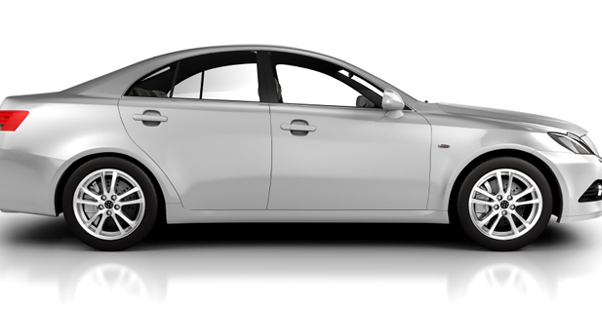Auto Insurance 101: Know Your Options

Auto insurance is a requirement in most places, although the minimum liability coverage may vary. Numerous types of coverage are available to protect you from thousands of dollars in liability claims, auto repair costs, theft and medical expenses resulting from an accident. It can be confusing and overwhelming to determine the best coverage, so let’s have a look in closer detail at the various options available for car insurance.
Liability Auto Insurance
All 50 states require liability auto insurance at some level. Coverage protects you against claims from others as the result of an accident with your vehicle. Expenses can include medical costs, property damage, funeral costs, lost wages, pain and suffering, and legal costs.
There are 2 components to this liability insurance:
- Bodily injury
- Property Damage
Auto Collision Insurance
If your vehicle is damaged in a collision, collision auto insurance will pay to repair or replace your car. Whether you need collision insurance depends a great deal on the value of your car. Determine your car’s actual value because insurance will only cover up to the actual cash value of your car at the time of the accident. Auto collision insurance will often be the most expensive part of your premium.
If your car is financed, the bank or finance company may require you to purchase collision vehicle insurance coverage. Choose the deductible amount that you are comfortable paying. Keep in mind that the higher the deductible, the lower the premium; however, you pay more in the event of an accident.
Comprehensive Auto Insurance
Comprehensive auto insurance will pay for damages to your vehicle caused by anything other than a collision. This may include theft, vandalism, natural disasters, broken windshields, or damage caused by animals. This type of insurance will only cover damages up to the value of your car at the time the damages took place. When you add the cost of your deductible to the cost of your monthly premiums, it may not be worth purchasing this kind of vehicle insurance.
Like collision insurance, if your car is financed, the bank or finance company may require you to purchase comprehensive auto insurance coverage.
Personal Injury Protection
If you can afford it, personal injury protection insurance is a great supplement when your health insurance plan won’t cover costs incurred as the result of an accident. If the accident results in you not being able to work, this kind of coverage will help ease the cost. Expenses can include lost income, child care expenses, medical expenses, funeral expenses or household expenses.
Underinsured/Uninsured Motorist Auto Insurance
There are two parts to this auto insurance coverage. First, if you are involved in an accident and the other driver is at fault and has no insurance, insurance will cover costs resulting from damages to your car or bodily injuries. Second, if the other driver has auto insurance but the coverage isn’t enough to cover your costs for damages or bodily injuries, this coverage will pay for the difference. Coverage as part of your auto insurance is usually purchased equal to your bodily injury liability limit.
Medical Payments Coverage Supplement to Auto Insurance
Adding a medical payments coverage supplement will help pay for medical expenses resulting from an accident, regardless of which driver is at fault. It may also cover other family members if they are driving or even if they are struck by a vehicle while walking. If your regular health plan has a deductible, this vehicle insurance coverage may help to pay a portion of it. Expenses that can be covered include doctor visits, surgery, x-rays, ambulance fees and hospitalization.




